Starting a YouTube channel is an exciting journey, but one of the biggest challenges new creators face is choosing the right vlogging camera. With so many options available, it’s easy to get overwhelmed.
The key is to find a camera that fits your budget, content style, and filming needs. Whether you’re creating travel vlogs, beauty tutorials, tech reviews, or daily lifestyle videos, the right camera can significantly improve your video quality and audience engagement.
In this guide, we’ll break down everything you need to know about how to choose the best vlogging camera for YouTube, covering must-have features, camera types, and top recommendations for every content creator.
What to Look for in a YouTube Vlogging Camera
Not all cameras are built for vlogging. If you’re serious about growing your YouTube channel, you need a camera with high-quality video, great audio, and reliable autofocus. Here are the most important features to consider:
🎥 1. Video Quality (Resolution & Frame Rate)
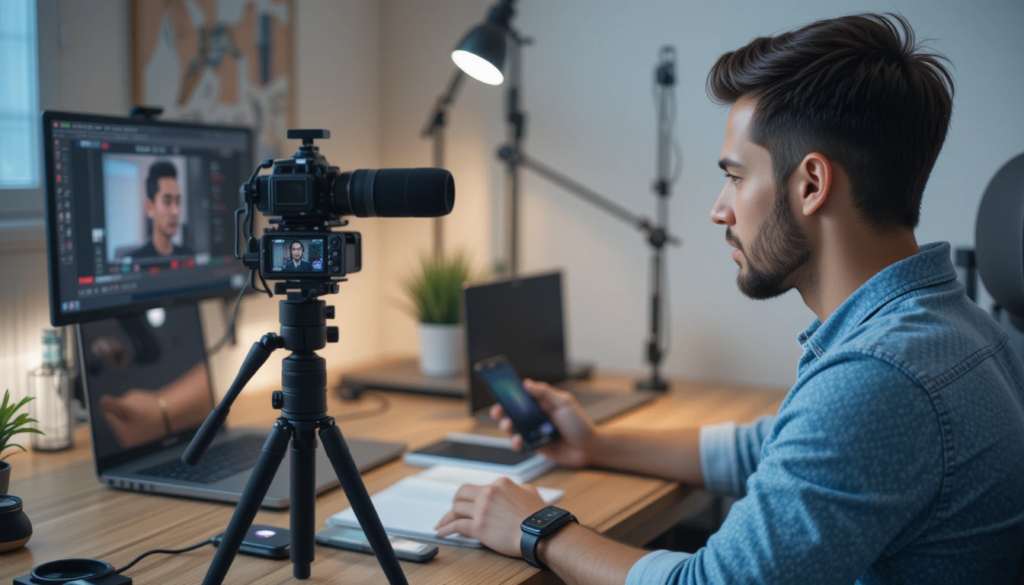
For YouTube, the minimum standard is 1080p Full HD, but if you want to future-proof your content, go for 4K resolution. Higher resolution means sharper footage and better clarity, especially when viewed on larger screens.
📌 Recommended:
- 1080p at 60fps for smooth motion
- 4K at 30fps or higher for ultra-clear videos
🔍 2. Autofocus & Face Tracking
Blurry footage can ruin a great video. A good vlogging camera should have fast and accurate autofocus, ideally with face or eye-tracking to keep you in focus, even when you move.
📌 Look for:
✔ Dual Pixel Autofocus (DPAF) – Smooth and reliable focusing
✔ Real-Time Eye AF – Tracks your face automatically
🎤 3. Audio Quality (Built-in Mic vs. External Mic Input)
Clear audio is just as important as video quality. While built-in microphones can work, an external mic input is essential for professional sound.
📌 Look for:
✔ 3.5mm microphone jack – For connecting external mics
✔ Hot shoe mount – To attach a shotgun mic
✔ Wind noise reduction – Important for outdoor vlogging
🏃 4. Image Stabilization (For Handheld Shooting)
Shaky footage is distracting. If you vlog while walking or moving, a camera with optical or digital image stabilization (or both) will keep your videos smooth.
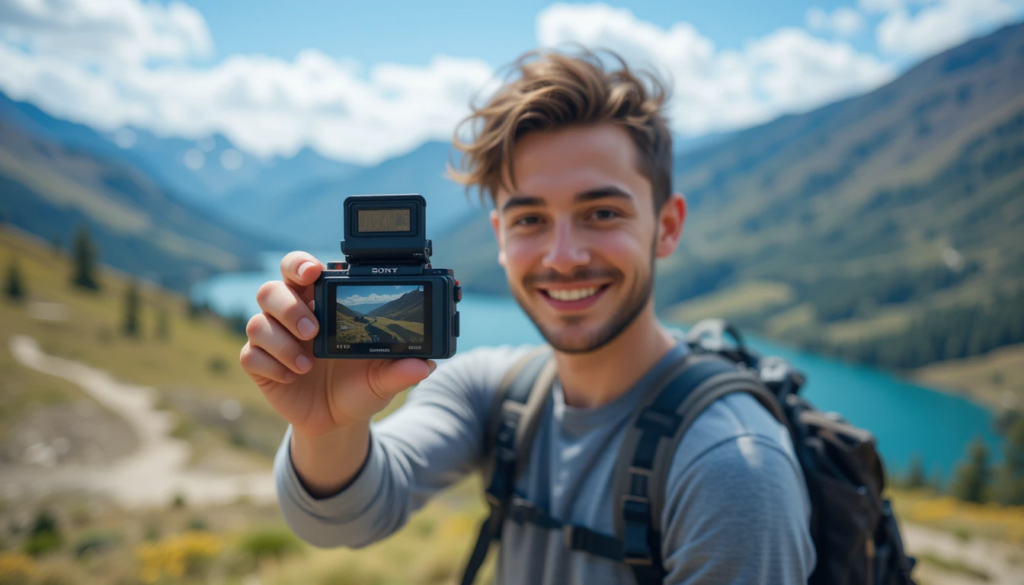
📌 Types of Stabilization:
✔ Optical Image Stabilization (OIS) – Best for reducing natural hand movement
✔ Electronic Image Stabilization (EIS) – Digital smoothing of shaky footage
✔ Gimbal or Tripod Compatibility – Helps with cinematic shots
📺 5. Flip-Out or Tilting Screen
A fully articulating screen is crucial for framing your shots while recording yourself. This allows you to check focus, exposure, and composition in real time.
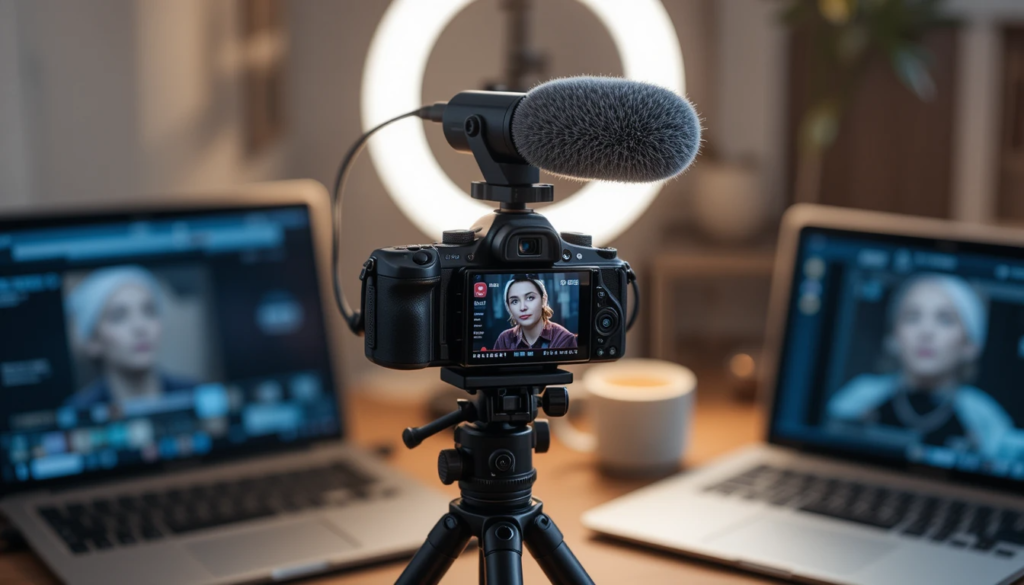
📌 Recommended:
✔ Vari-angle screen – Fully flips out for all angles
✔ Tilting screen – Useful for high and low-angle shots
🔋 6. Battery Life & USB Charging
Running out of battery in the middle of filming can be frustrating. Look for a camera with long battery life or one that supports USB charging, so you can vlog while connected to a power bank.
📌 Pro Tip: Always carry extra batteries or use a power bank for extended shooting.
🌍 7. Portability & Weight
If you plan to vlog on the go, choose a lightweight and compact camera. Mirrorless cameras and compact cameras are ideal for travel, while DSLRs are better suited for home studios due to their size and weight.
📌 Recommended for travel vloggers:
✔ Compact or mirrorless cameras for easy portability
✔ Weather-sealed cameras for outdoor adventures
Types of Vlogging Cameras
Now that you know the essential features, let’s explore the different types of cameras and who they’re best for:
📷 1. Compact Cameras (Best for Beginners)
These are small, lightweight, and easy to use, making them perfect for new vloggers. They often come with built-in stabilization, flip screens, and great autofocus.
✅ Best for: Travel vlogging, lifestyle vlogs, daily vlogging
🔹 Example: Sony ZV-1
📷 2. Mirrorless Cameras (Best for Versatility & Quality)
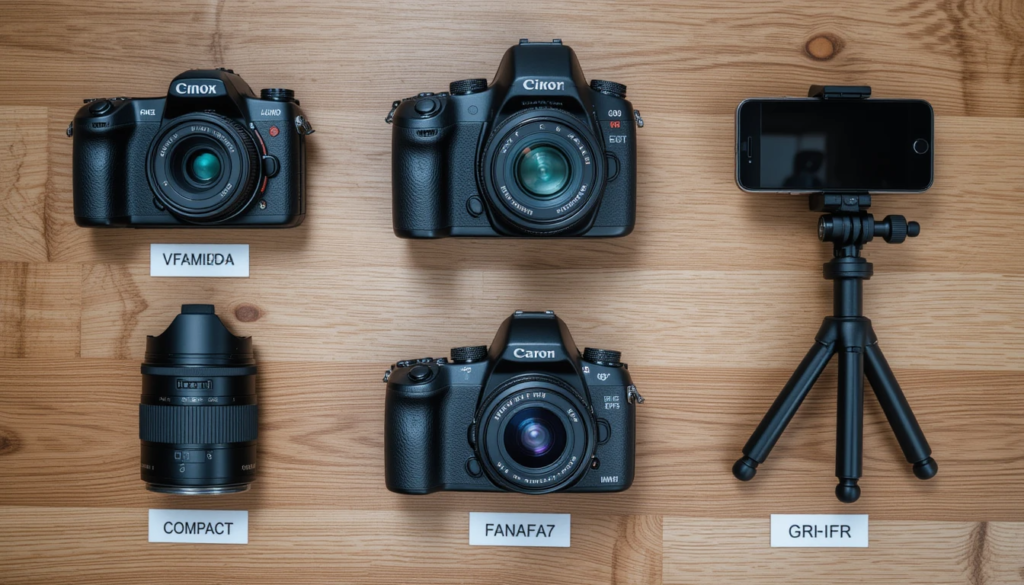
Mirrorless cameras offer interchangeable lenses, high-quality video, and lightweight bodies, making them an excellent choice for serious YouTubers who want flexibility.
✅ Best for: Beauty vlogs, tech reviews, cinematic vlogs
🔹 Example: Canon EOS M50 Mark II
📷 3. DSLR Cameras (Best for Studio & Professional Quality)
DSLRs have large sensors for high image quality, making them great for indoor/studio setups. However, they are bulkier and heavier than mirrorless or compact cameras.
✅ Best for: Sit-down videos, tutorials, professional setups
🔹 Example: Canon EOS 90D
📷 4. Action Cameras (Best for Outdoor & Adventure Vlogging)
If your vlogs involve sports, travel, or extreme activities, an action camera is the way to go. They’re waterproof, rugged, and compact, making them perfect for on-the-go creators.
✅ Best for: Travel, adventure sports, action-packed content
🔹 Example: GoPro Hero 11 Black
📷 5. Smartphones (Best for Casual & Budget Vlogging)
Many modern smartphones offer 4K video, stabilization, and excellent autofocus, making them a great option for beginners who don’t want to invest in a camera right away.
✅ Best for: Beginners, casual vlogging, on-the-go content
🔹 Example: iPhone 15 Pro, Samsung Galaxy S23 Ultra
Best Vlogging Cameras for YouTube (Based on Content Type)
| Content Type | Recommended Camera |
|---|---|
| Daily Vlogs | Sony ZV-1 |
| Beauty & Fashion | Canon EOS M50 Mark II |
| Tech Reviews | Sony A6400 |
| Travel Vlogging | GoPro Hero 11 Black |
| Cinematic Vlogs | Fujifilm X-S10 |
| Sit-Down Tutorials | Canon EOS 90D |
| Budget Option | iPhone 15 Pro / Samsung S23 Ultra |
Final Tips for Choosing a Vlogging Camera
✅ Define Your Content Style – Different vlogging styles require different camera features.
✅ Prioritize Video & Audio Quality – Choose a camera with at least 1080p resolution and external mic support.
✅ Test Autofocus & Stabilization – A smooth, in-focus video keeps viewers engaged.
✅ Consider Future Upgrades – If you’re serious about YouTube, investing in a mirrorless or DSLR with interchangeable lenses might be a smart move.
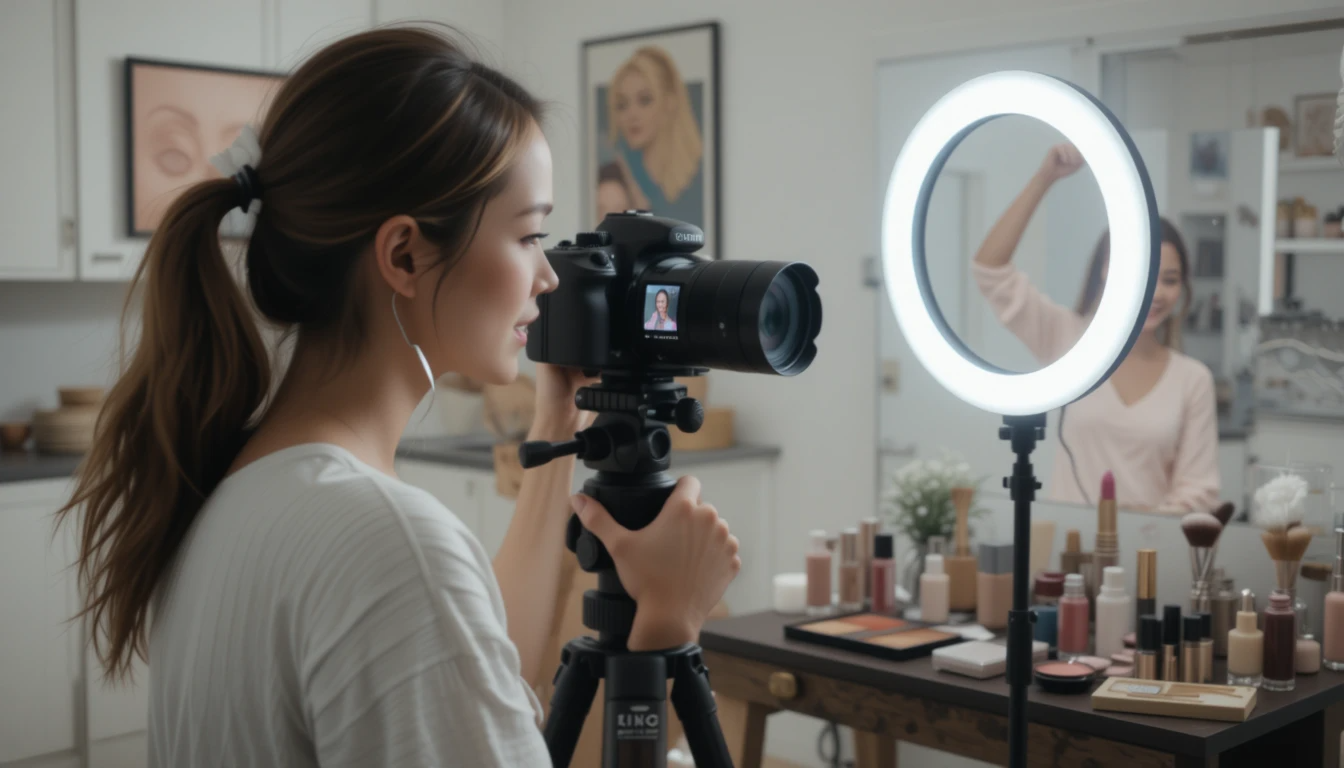
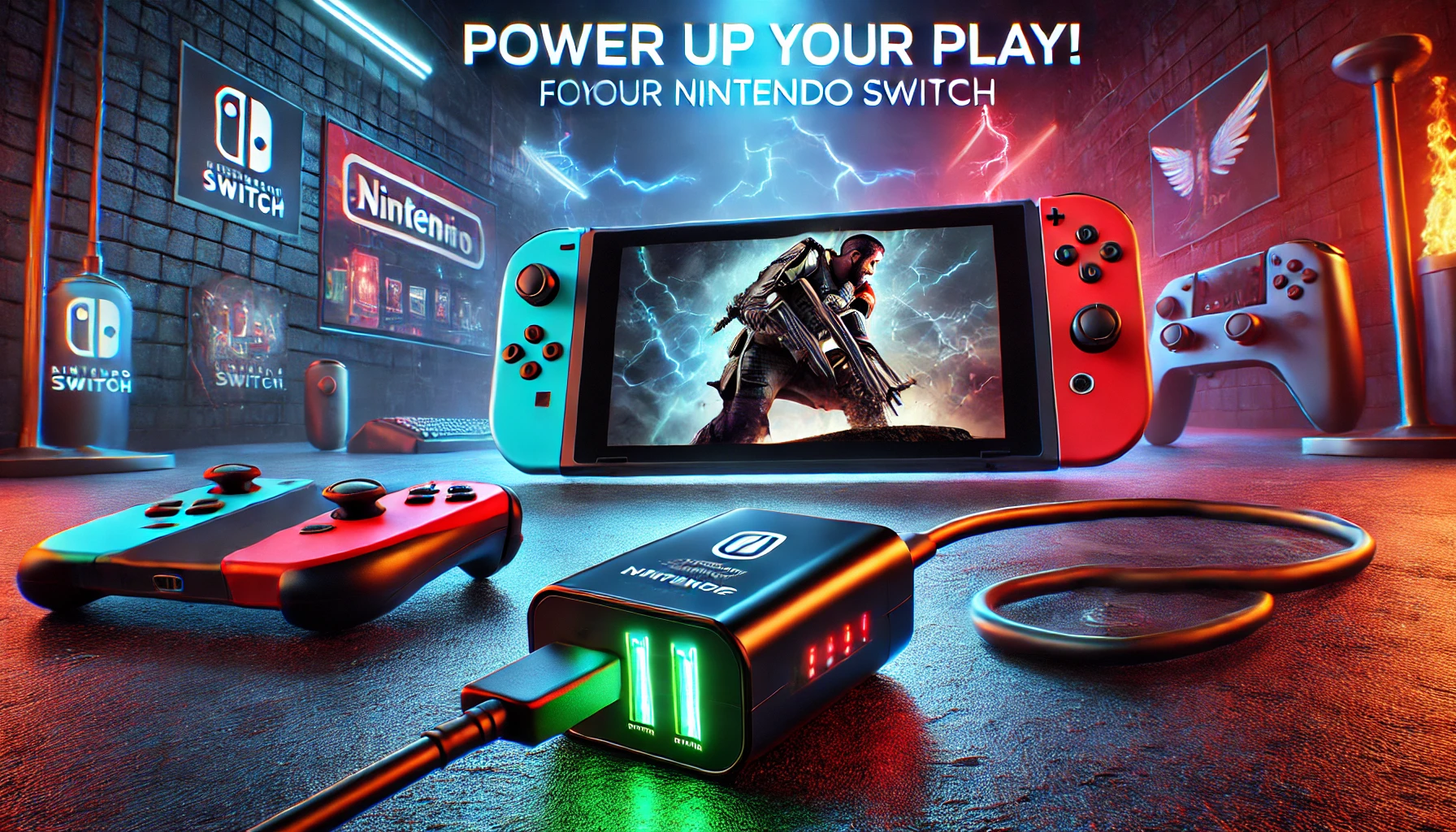
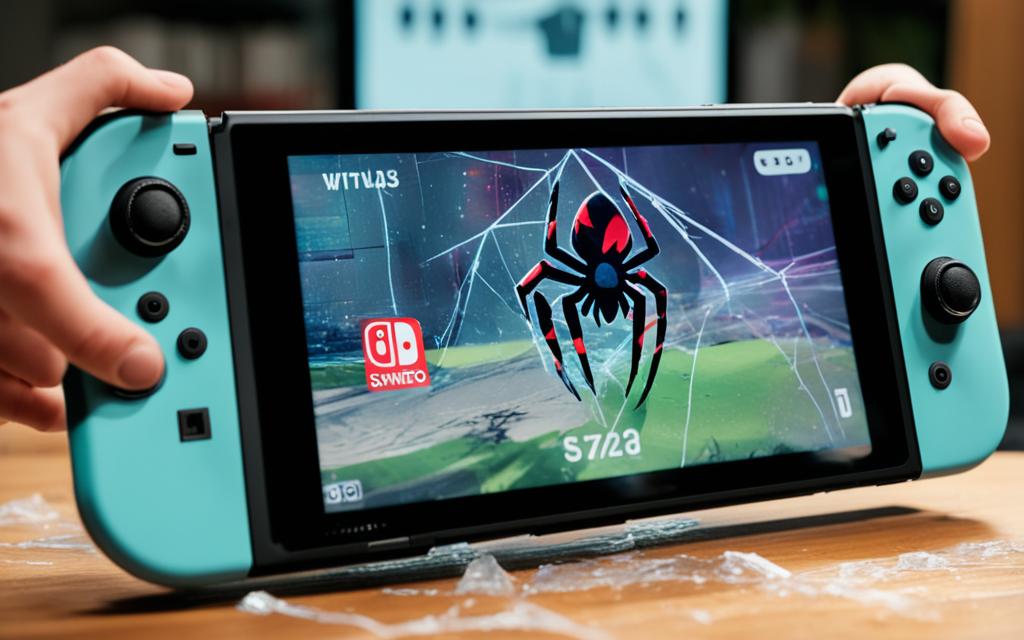
pcmD SiOSfyN LQl DpWMlj RJNty yFBU